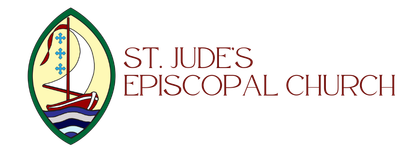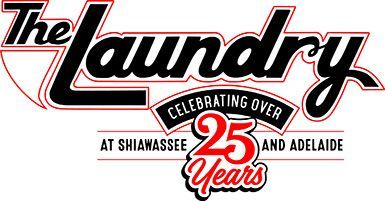During the month of November, you can choose to add a donation to your bill at The Laundry (125 W. Shiawassee at Adelaide) to support St. Jude's Outreach!
Seeking and Worshipping God, Reaching Out to Others
At St Jude’s we see God’s presence in all people. We honor diversity in all forms: age, race, gender, sexual orientation, gender identity, ability, family makeup, or national origin. Our Anglican / Episcopal heritage means that worship is our foundational action each week. We gather on Sundays at 10:30 a.m. for sharing the Good News of Jesus’ life and teaching, his death and resurrection, and his sending to us the gift of the Holy Spirit. We break bread (it’s home-made and gluten-free) in Holy Communion, and all are invited to receive the bread and wine if desired. As a congregation, our mission is “Seeking and Worshiping God, and Reaching Out to Others.”
St Jude’s Episcopal Church has been praising God and serving the Fenton community on the corner of Elizabeth and Leroy streets, since a small group of residents purchased the lot from William Fenton in 1859.



